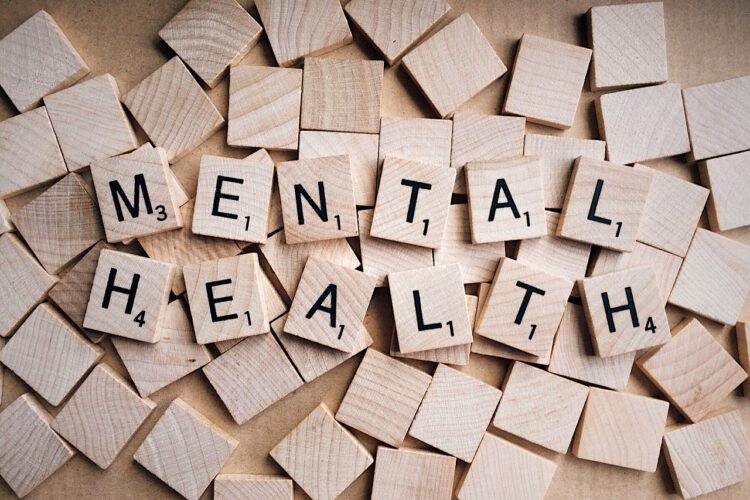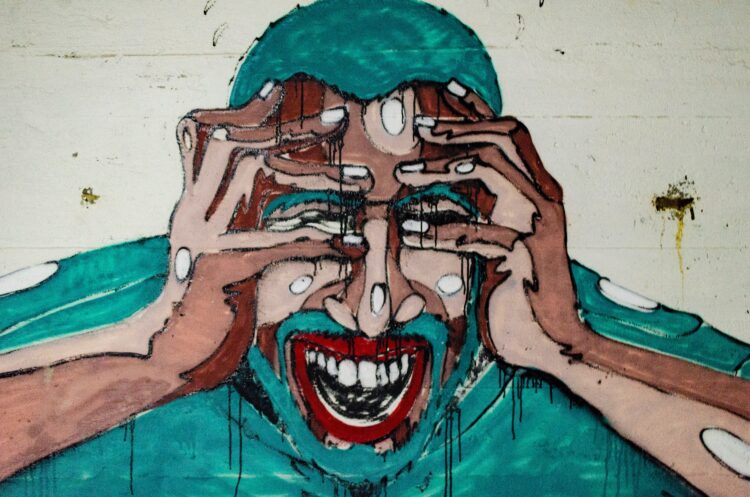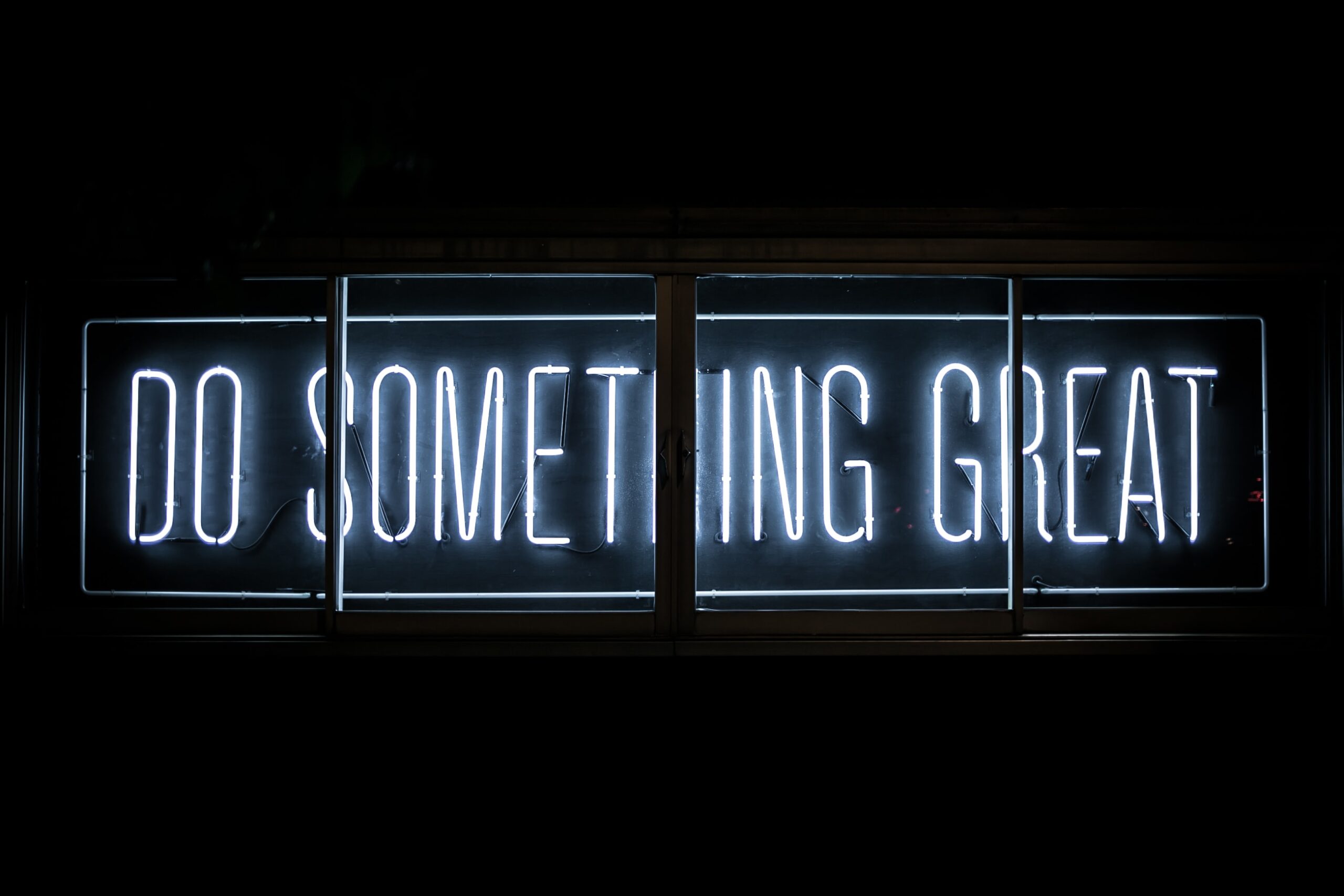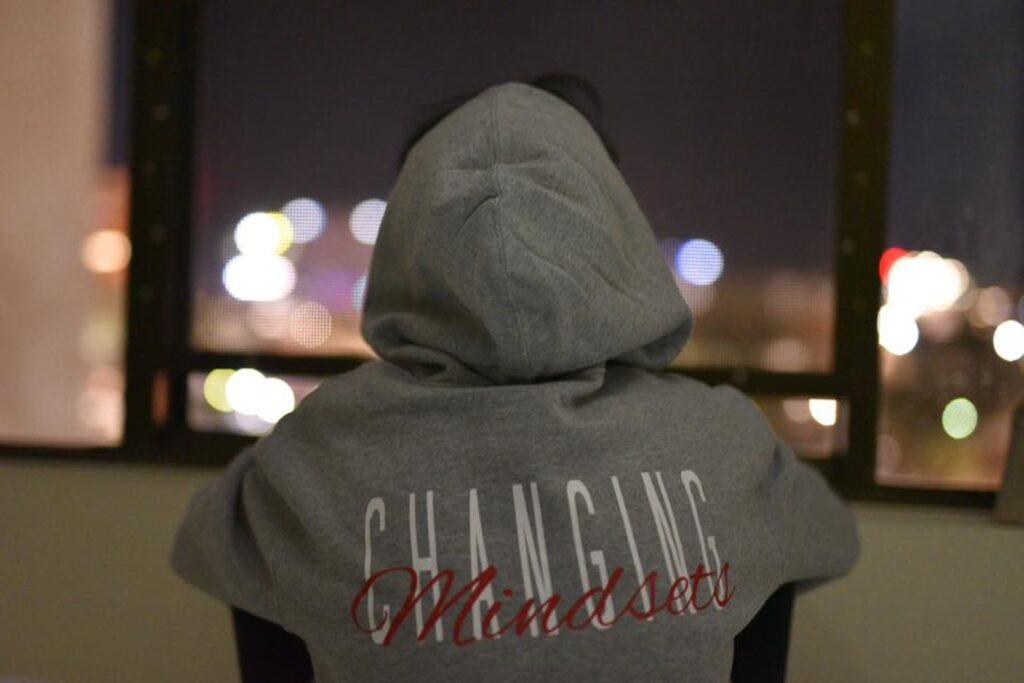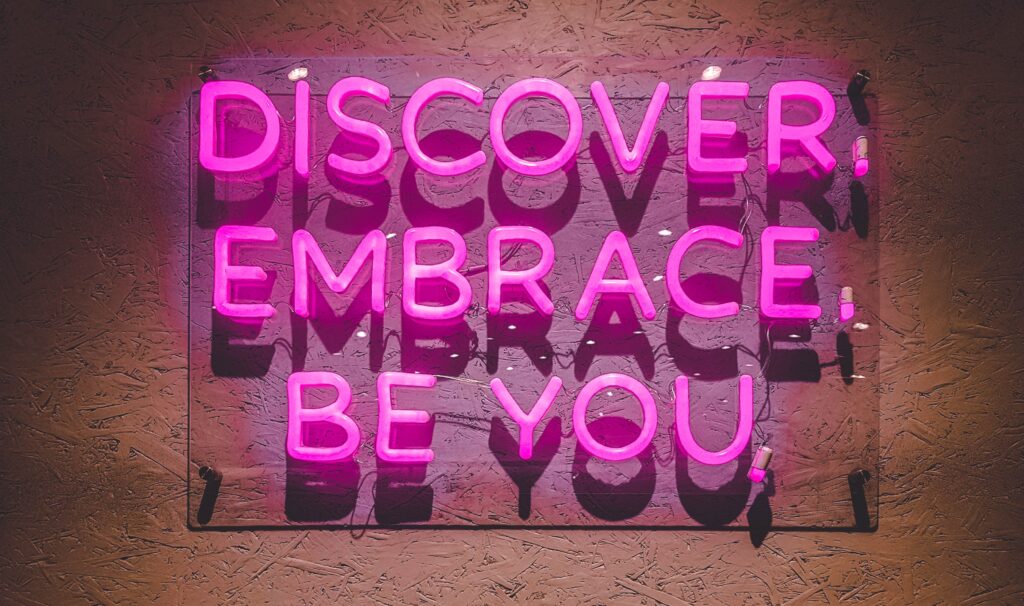In 2025, mental health isn’t just a buzzword—it’s the defining conversation of our time. From boardrooms to classrooms, dinner tables to social media feeds, the world is finally waking up to the silent crisis that has been brewing for decades. But why now? And more importantly, what can we do about it?
The truth is, the pressures of modern life have reached a tipping point. The relentless pace of technology, the lingering effects of global crises, and the ever-growing expectations to “have it all” have left millions feeling overwhelmed, isolated, and emotionally drained. Mental health is no longer a niche concern—it’s a universal human experience. And in 2025, we’re finally ready to talk about it.
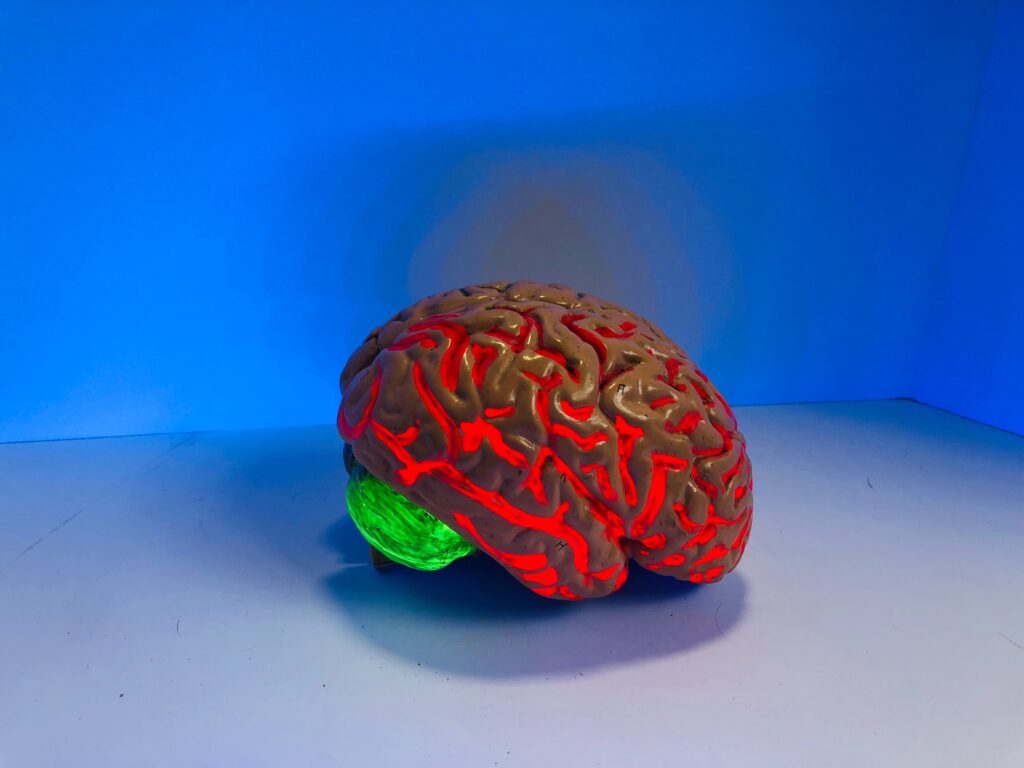
Why Mental Health Took Centre Stage in 2025
- The Aftermath of a Turbulent Decade
The 2020s were a rollercoaster. A global pandemic, economic instability, climate anxiety, and social upheaval left deep emotional scars. By 2025, the cumulative toll of these events has pushed mental health into the spotlight. People are no longer willing to suffer in silence. - Generational Shifts in Attitudes
Gen Z and Millennials are leading the charge in normalizing mental health conversations. These generations have grown up in a world where therapy isn’t taboo, and self-care isn’t selfish. Their openness has inspired older generations to rethink their own struggles and seek help. - The Rise of Workplace Mental Health
Burnout is now a global epidemic. Companies in 2025 are realizing that employee well-being isn’t just a perk—it’s a necessity. Mental health days, therapy benefits, and mindfulness programs are becoming standard, as businesses recognize that a healthy workforce is a productive one. - Social Media’s Double-Edged Sword
While social media has often been blamed for exacerbating mental health issues, it’s also become a powerful tool for advocacy. In 2025, platforms are flooded with raw, authentic stories of struggle and recovery, creating a sense of community and solidarity.

Life Coaching: A Beacon of Hope for Mental Health
For those seeking help but unsure where to start, life coaching has emerged as a transformative solution. Unlike traditional therapy, which often focuses on healing past wounds, life coaching is future-oriented. It’s about empowerment, growth, and actionable steps toward a better life.
Here’s why life coaching is a perfect fit for anyone navigating mental health challenges:
- Personalized Support
Life coaches work one-on-one with clients to identify their unique goals and challenges. Whether it’s managing stress, building confidence, or finding purpose, a life coach provides tailored guidance to help you thrive. - A Focus on Solutions
While therapy delves into the “why” behind your struggles, life coaching focuses on the “how.” It’s about equipping you with practical tools and strategies to overcome obstacles and create meaningful change. - Accountability and Motivation
Change is hard, but you don’t have to do it alone. A life coach acts as your cheerleader, holding you accountable and keeping you motivated as you work toward your goals. - Breaking the Stigma
For those hesitant to seek traditional therapy, life coaching offers a less intimidating entry point. It’s a collaborative, non-judgmental space where you can explore your thoughts and feelings without fear of being labeled.

The Road Ahead: A Call to Action
Mental health isn’t just a personal issue—it’s a collective responsibility. In 2025, we have the tools, the knowledge, and the awareness to make a difference. But it starts with each of us.
If you’re struggling, know that you’re not alone. Reach out to a friend, a therapist, or a life coach. Take that first step toward healing. And if you’re in a position to help others, do so with empathy and compassion. Together, we can create a world where mental health is no longer a taboo but a priority.
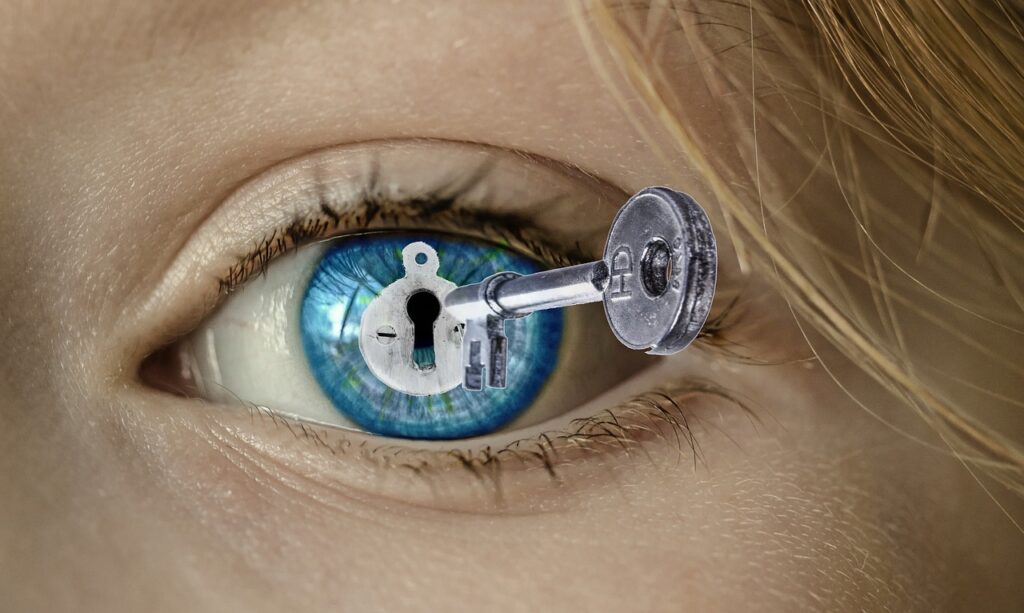
Key Takeaways
- Mental health is the defining conversation of 2025, driven by global crises, generational shifts, and workplace demands.
- Life coaching offers a practical, empowering approach to mental health, focusing on solutions and personal growth.
- Breaking the stigma starts with open conversations and actionable steps toward well-being.
In 2025, mental health isn’t just a talking point—it’s a movement. And it’s one we all need to be a part of.

